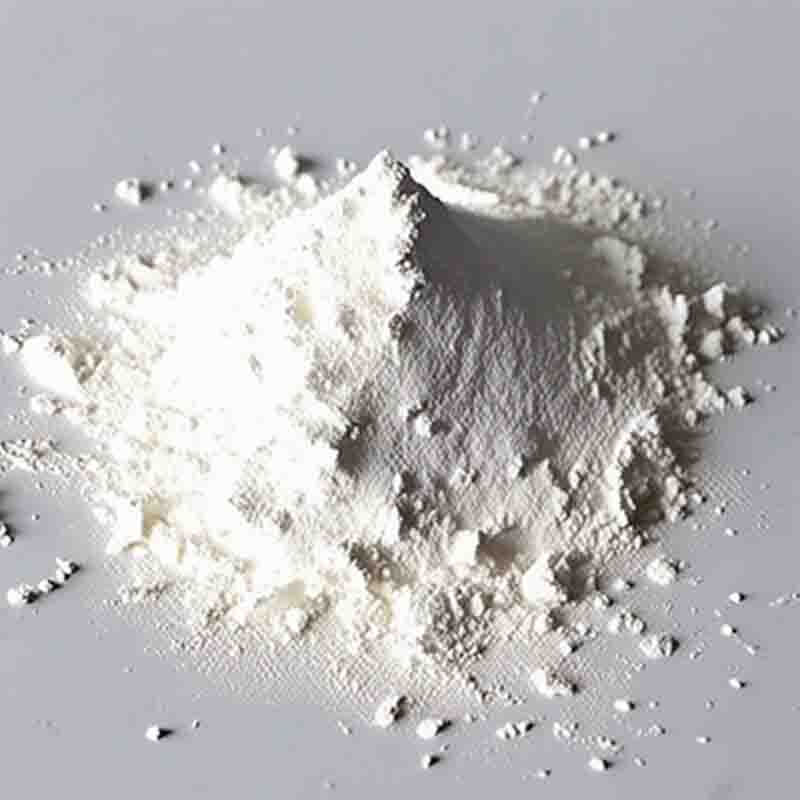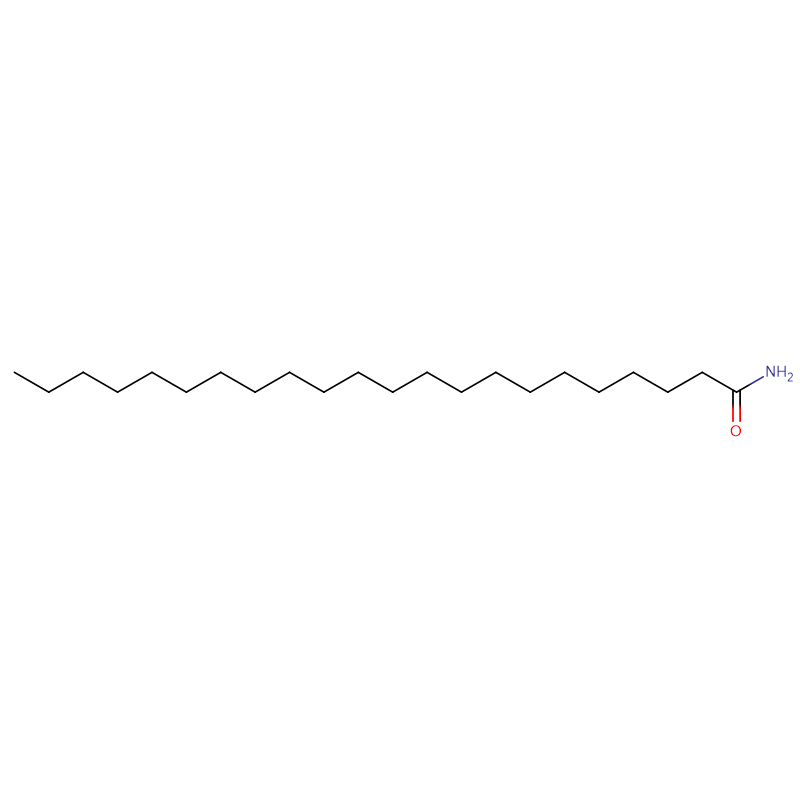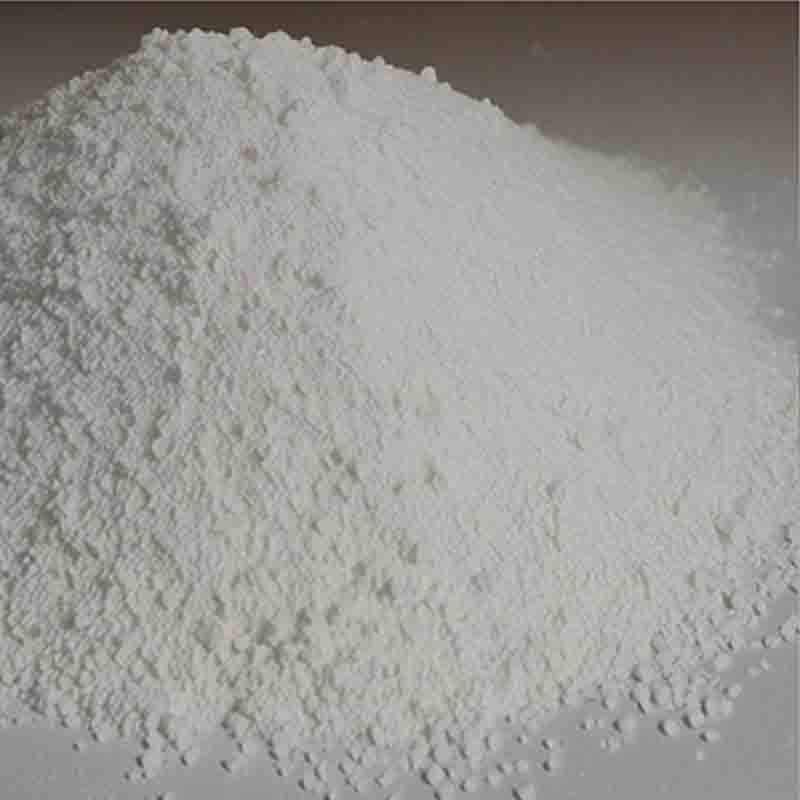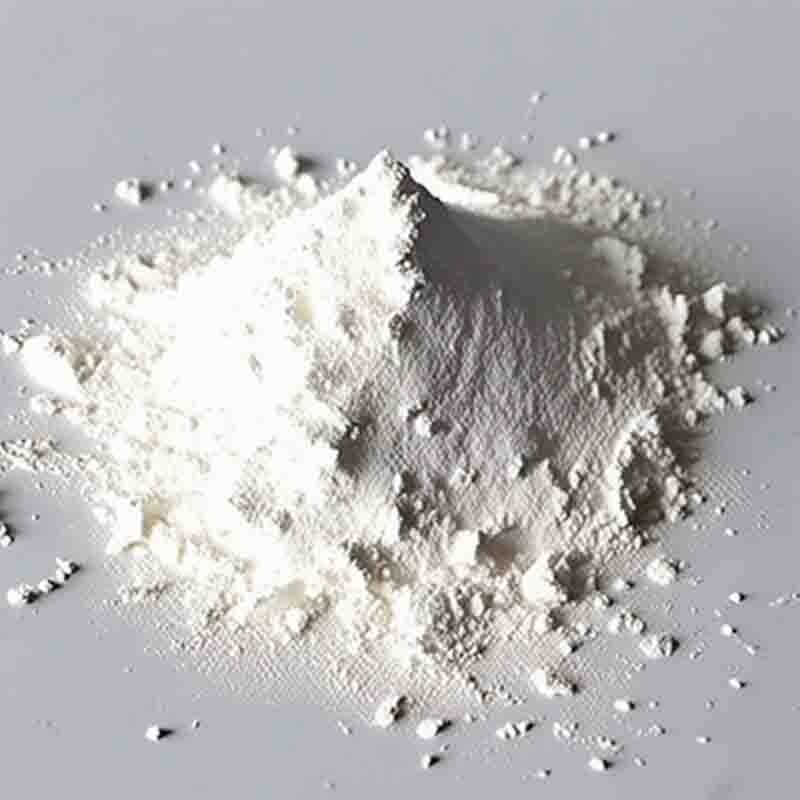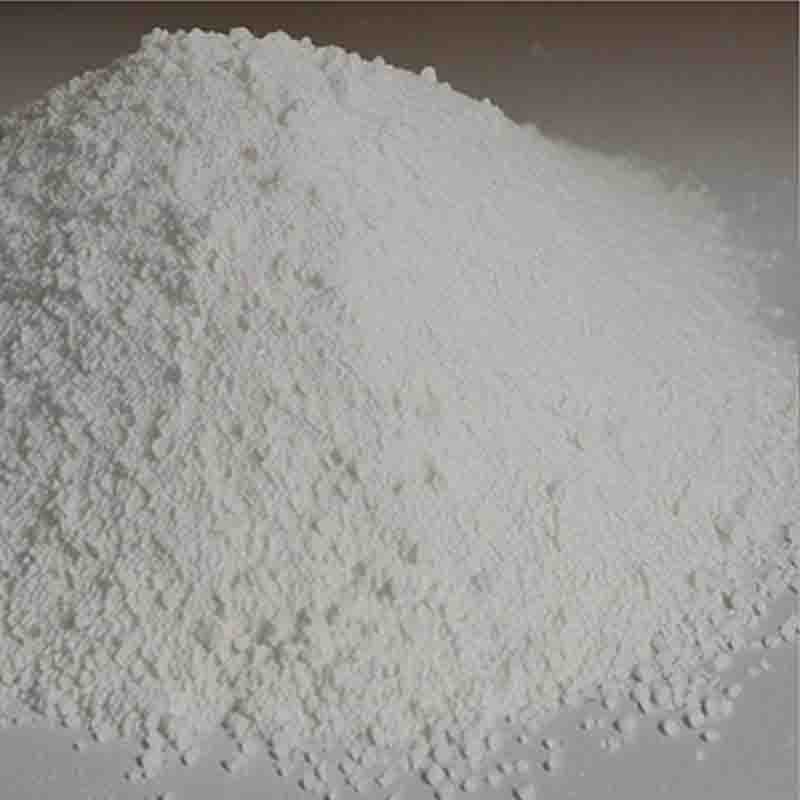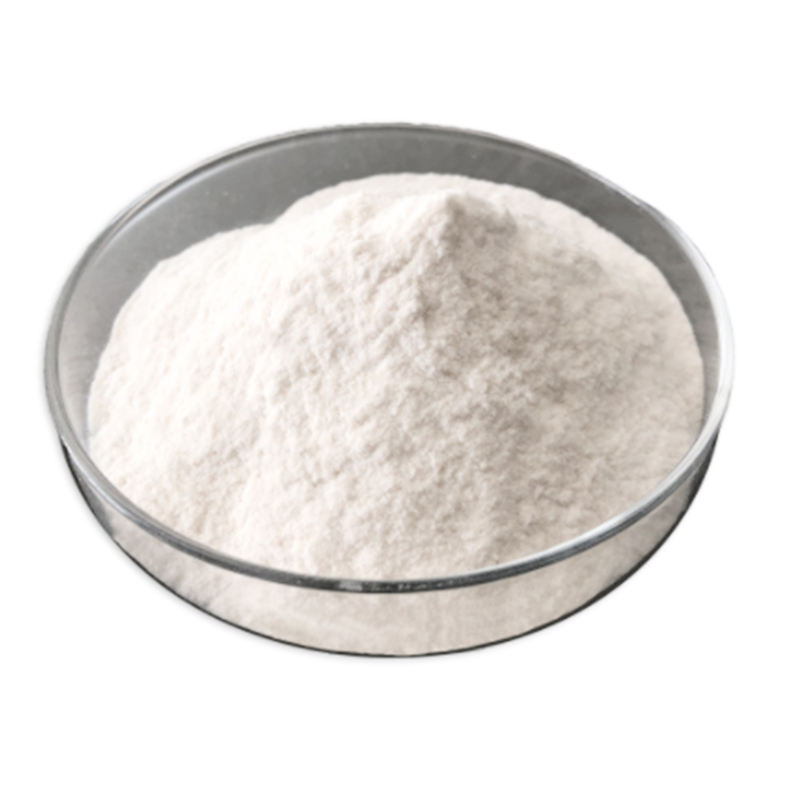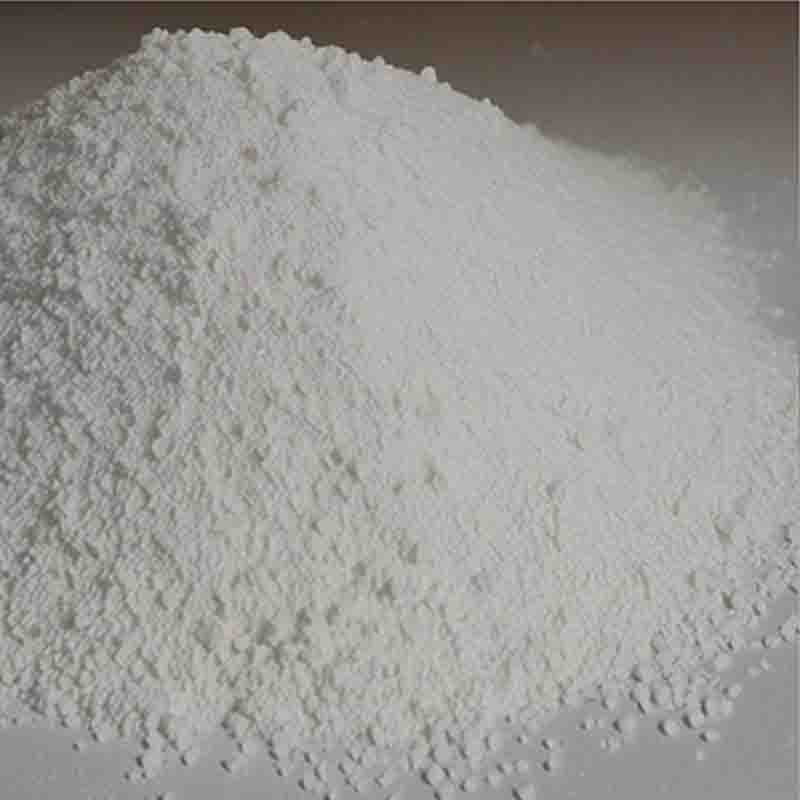Potassium chloroplatinate CAS: 16921-30-5
| Catalog Number | XD94398 |
| Product Name | Potassium chloroplatinate |
| CAS | 16921-30-5 |
| Molecular Formula | Cl6KPt- |
| Molecular Weight | 446.88 |
| Storage Details | Ambient |
Product Specification
| Appearance | White powder |
| Assay | 99% min |
Potassium chloroplatinate, also known as potassium hexachloroplatinate(IV), is a chemical compound with the formula K2PtCl6. This compound has diverse applications across different fields of chemistry and materials science.One significant use of potassium chloroplatinate is in catalysis. It is commonly employed as a catalyst in various chemical reactions, including hydrogenation, oxidation, and carbon-carbon bond formation. The unique properties of platinum make potassium chloroplatinate an excellent catalyst for these reactions. For example, in hydrogenation reactions, platinum's high catalytic activity and selectivity allow for the efficient reduction of unsaturated compounds. When used in oxidation reactions, potassium chloroplatinate aids in the selective oxidation of organic substrates, enabling the synthesis of valuable intermediate or end products.Potassium chloroplatinate is also utilized in the field of analytical chemistry. It is often used as a standard reference material due to its defined composition and stability. This compound acts as a benchmark for the calibration of analytical instruments, such as spectroscopy and chromatography systems. The accurate measurement of analyte concentrations relies on the precise calibration using certified reference materials, and potassium chloroplatinate serves this purpose effectively.Furthermore, potassium chloroplatinate finds applications in materials science, particularly in the synthesis and preparation of platinum-containing materials. These materials, including nanoparticles, thin films, and catalyst supports, exhibit unique physical and chemical properties that make them valuable in various applications. Potassium chloroplatinate serves as a precursor in the synthesis of these materials. Through appropriate reduction or deposition methods, platinum-containing materials can be prepared, which are used in catalysis, electronics, fuel cells, and sensors.It is important to note that potassium chloroplatinate is a highly toxic and air-sensitive compound. Proper safety precautions should be taken when handling and storing it. It should be stored in an air-tight container to prevent degradation and contact with moisture or contaminants.In summary, potassium chloroplatinate (K2PtCl6) has wide-ranging applications in catalysis, analytical chemistry, and materials science. It serves as an efficient catalyst in various chemical reactions, aids in accurate analytical measurements as a reference material, and acts as a precursor for the synthesis of platinum-containing materials. Its unique properties make it valuable in advancing these fields of study and contributing to the development of new chemical processes and materials.


